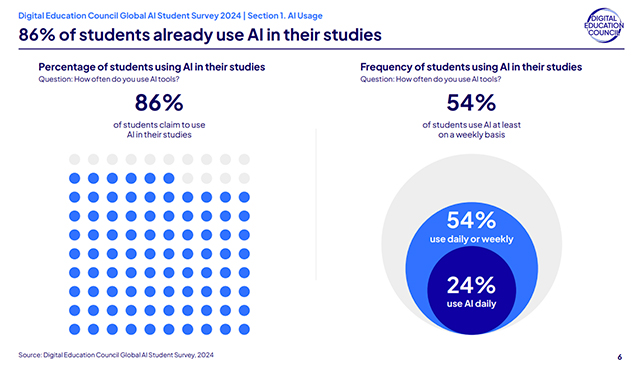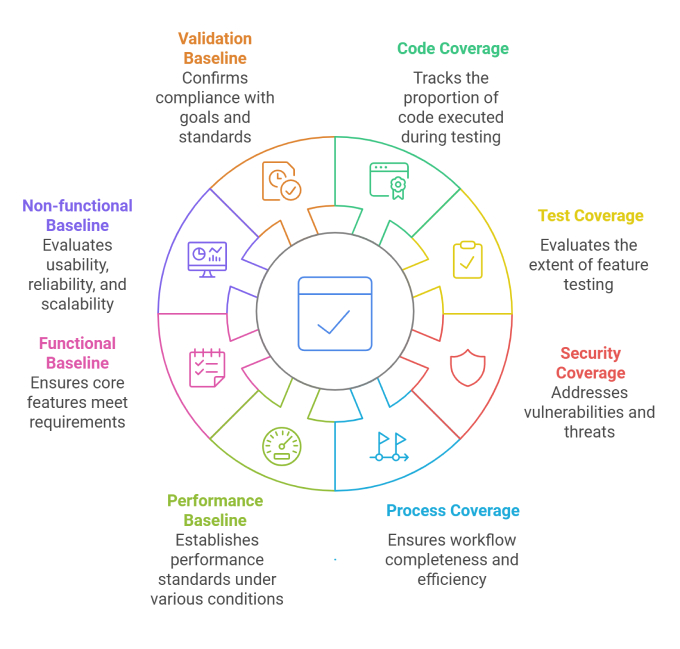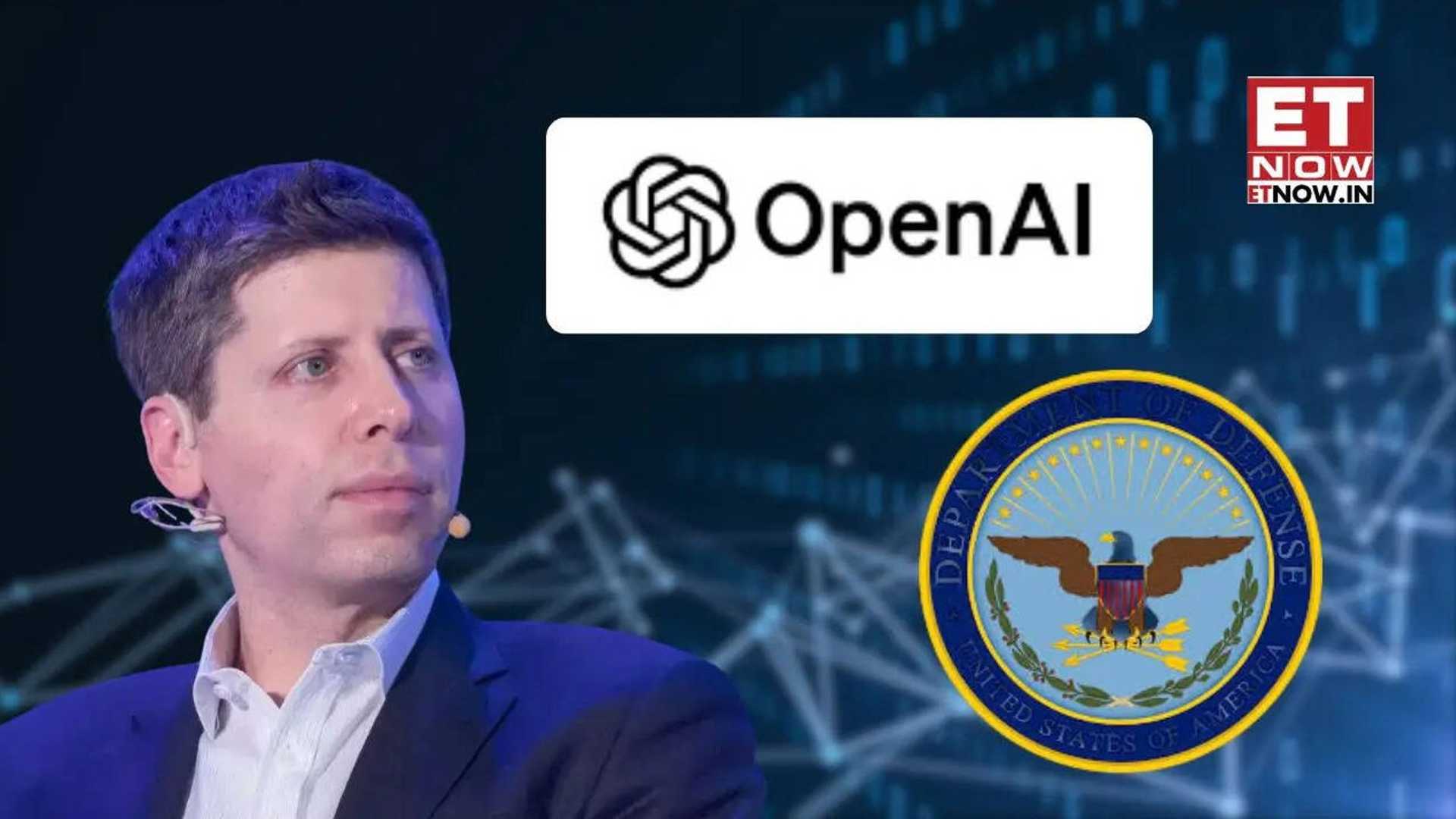While ChatGPT Falters, Claude and Gemini Gather Steam: A Shift in AI Landscape
OpenAI, the pioneer in artificial intelligence, faced a major setback on 10th June, causing widespread disruption across various industries. The crash of its flagship service, ChatGPT, revealed the world's profound reliance on AI technologies. Users were met with error messages citing 'Too many concurrent requests,' bringing workflows to a standstill globally.

The Aftermath of ChatGPT Outage
Following the outage, Google search data showcased the magnitude of the situation. 'ChatGPT Down' emerged as the second most-searched term in America, with half a million queries flooding search engines. This disruption was not limited to the US as British users encountered similar challenges, impacting businesses, educational institutions, and creative professionals who heavily relied on digital assistants.
The Rise of AI Alternatives
Market intelligence highlighted the increased interest in AI alternatives post the ChatGPT outage. Platforms like DeepSeek witnessed a significant traffic surge, indicating users' readiness to explore other options when faced with service disruptions.

A Shift in AI Strategy
The outage prompted discussions about the importance of service reliability and redundancy in the AI ecosystem. Platforms like Claude, known for safety and stability, Gemini, offering seamless integration with Google's ecosystem, and newer tools like DeepSeek with niche capabilities, are gaining prominence.
The Future of AI Ecosystem
As services gradually resumed, the incident raised concerns about the potential risks of depending on a single AI model for critical operations. Experts predict a shift towards building fail-safe frameworks and leveraging multiple AI providers to mitigate the impact of future outages.
This episode poses a profound question for OpenAI: Will it reinforce its infrastructure and redundancy measures, or will it mark the onset of a diversified AI landscape where ChatGPT is just one element among many AI tools?





















